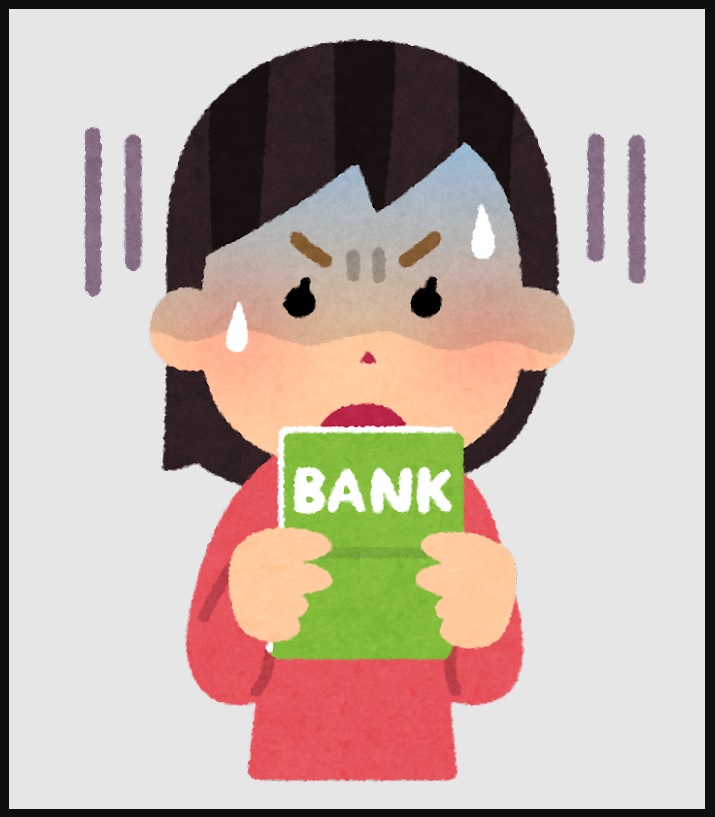管理人オススメコンテンツはこちら
「ショボい年金になっちゃう|退職金が消える!? 個人年金の罠を暴く!」
〜前回のつづき〜
●退職金を個人年金保険で運用するリスク7つ(つづき)
リスク(3)税務リスク
課税上の問題が起きないか
ザッと確認してみましょう。
3-a)保険料の負担者
年金の受取人なので
贈与税の問題は発生しない
3-b)保険者が80歳まで生きてた場合
年金は雑所得になり
所得税が発生する
3-c)保険者が80歳到達前に亡くなった場合
相続人が年金受給権を
引き継いで相続税が発生する。
通常の個人年金と同じ扱いで
気をつけるべき所というのは
特に有りません。
リスク(4)金利リスク
今は史上空前の
低金利時代なんですね。
バブル時代は
銀行に預けるだけで
7〜8%金利が付いてた
時も有るんですけど
今や0.1%程度ですよ。
もし今後日本が
アメリカみたいに利上げを行っていく
というのであれば
この超低金利時代に
契約した個人年金保険というのは
一気にショボい年金に
なっちゃうんですね。
どういう事かというと
例えば
銀行に今預けてたら
1%ずつ増えていくのに
個人年金保険だったら
0.5%ずつしか増えない
という状態ですね。
アメリカだったら
もっと金利は高いですからね。
なのでそういった事が
起こりうる可能性が有る
という事です。
20年有れば金利水準は
かなり変化するんですね。
それはもう歴史が示す通りで
バブルの時代に
7〜8%有ったものも
今や0.1%。
これの逆という事も起こりうる。
今の時点で
この低金利で固定してしまって
いいものなのかどうか?
とは言え
大胆な利上げなんて
出来ないと思うんですけど
国債の利払い負担が
大きくなっちゃって
財政が苦しくなる。
なので国債も含めて
大胆な利上げというのは
出来ないのではないかと
思いますけど
こういうリスクが有ります。
〜〜〜つづく〜〜〜
Special Thanks college president Ryo.
●おまけ
≪≪Chat-GPTくんによる要約→perplexityちゃんによる文章まとめ≫≫
退職金を個人年金保険で運用する際には、税務リスクと金利リスクに注意が必要です。
税務面では、契約者と受取人が同じ場合、年金受取時に雑所得として所得税がかかります。また、被保険者が80歳前に亡くなった場合は、相続人が年金受給権を引き継ぐことで相続税が発生します。契約形態によって課税内容が異なるため、事前の確認が重要です。
金利リスクについては、現在は超低金利時代で、個人年金保険の利率も非常に低く設定されています。将来、金利が上昇した場合、低金利で契約した年金保険は他の金融商品と比べて不利になる可能性があります。
長期運用を考える際は、これらのリスクを十分理解した上で慎重に判断することが大切です。
Citations:
[1] https://media.moneyforward.com/articles/8627
[2] https://www.meijiyasuda.co.jp/find2/light/knowledge/list/6.html
[3] https://www.manulife.co.jp/ja/individual/about/insight/column/article/column119.html
[4] https://www.mizuhobank.co.jp/academy/20200714_10/index.html
[5] https://www.invest-concierge.com/posts/why-personal-pension-insurance-is-said-not-recommended
[6] https://www.nanairolife.co.jp/hoken/personal-pension-insurance-nonrecommendation/
[7] https://www.jili.or.jp/knows_learns/q_a/pension/410.html
[8] https://www.resonabank.co.jp/kojin/column/taishoku_unyo/column_0007.html
[9] https://www.meijiyasuda.co.jp/find/point/column/13/index.html
[10] https://hoken-room.jp/pension/792
[11] https://konohoken.com/annuity/article/6114/
[12] https://www.sonylife.co.jp/land/shisan-keisei/article/reason-pension/
[13] https://style.nikkei.com/article/DGXMZO68796290T00C21A2000000/
[14] https://www.sona-mira.co.jp/articles/600-y-zk-personal-pension-cost
[15] https://www.sonylife.co.jp/land/blog/column005.html
[16] https://www.manulife.co.jp/ja/individual/about/insight/column/article/column109.html
≪≪Chat-GPTくんによる英訳≫≫
~Continuation from the Previous Section~
【7 Risks of Managing Retirement Funds with a Private Pension Plan (continued)】
Risk (3): Tax Risk
Let’s quickly check whether there are any tax-related issues.
3-a) Who pays the premiums
Since the person receiving the pension is also the one paying the premiums,
gift tax does not apply.
3-b) If the insured lives to 80
The pension payments are considered miscellaneous income,
and thus subject to income tax.
3-c) If the insured dies before reaching 80
The right to receive the pension is inherited,
and inheritance tax will apply.
Overall, this is treated the same as a typical private pension plan,
so there’s nothing particularly unusual to watch out for.
—
Risk (4): Interest Rate Risk
We are currently in an unprecedented era of extremely low interest rates.
Back during the economic bubble,
you could just leave your money in the bank
and earn 7–8% interest.
Nowadays, it’s around 0.1%.
If Japan were to start raising interest rates
like the U.S. has,
then private pension plans signed during this low-interest era
could suddenly look like poor investments.
To explain:
Let’s say if you deposited money in a bank now,
it could grow by 1% annually.
But a private pension plan might only grow at 0.5% per year.
In the U.S., interest rates are even higher,
so this kind of gap could become a real issue.
Interest rates can change dramatically over a 20-year span—
as history has clearly shown.
What used to be 7–8% during the bubble era
has dropped to just 0.1% today.
And the reverse could happen again.
So the question is:
Is it really wise to lock in your returns
at these low rates right now?
That said,
it’s unlikely that Japan can raise rates significantly—
the burden of paying interest on government bonds
would increase,
making national finances even more strained.
That’s why large-scale rate hikes,
including for government bonds,
may simply not be feasible.
Still,
this is a risk that cannot be ignored.
Special Thanks OpenAI and Perplexity AI, Inc


